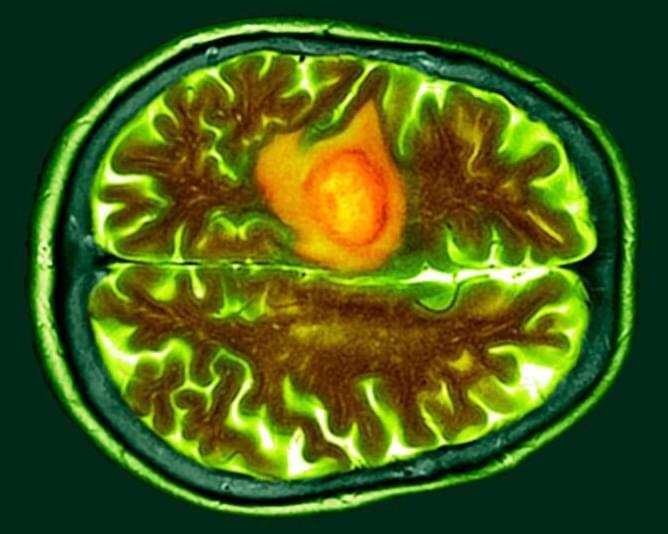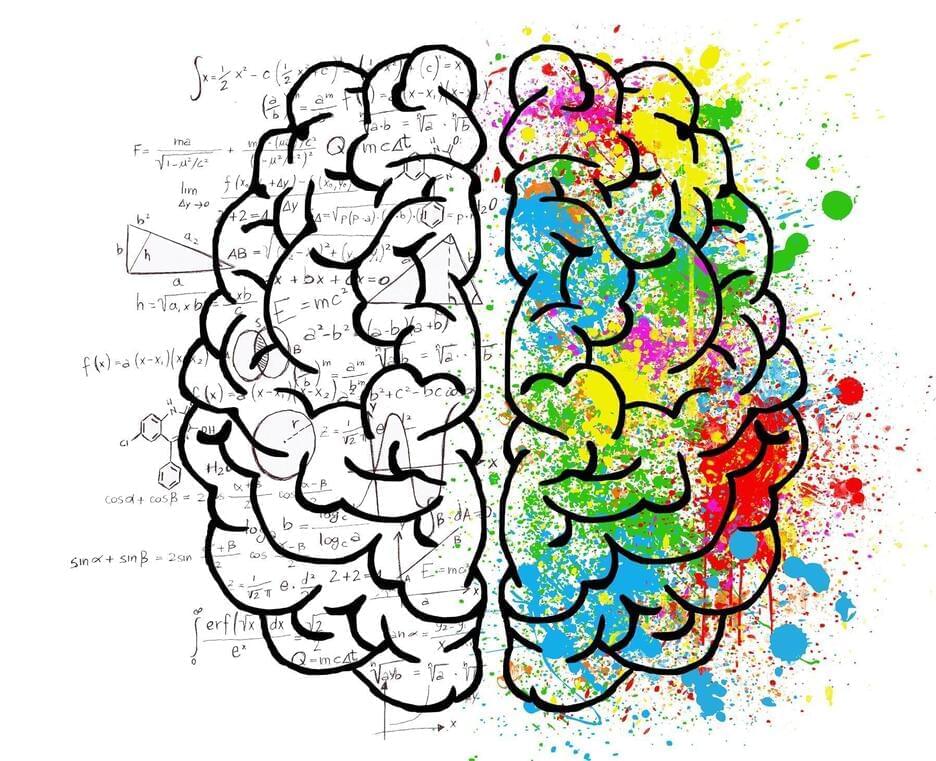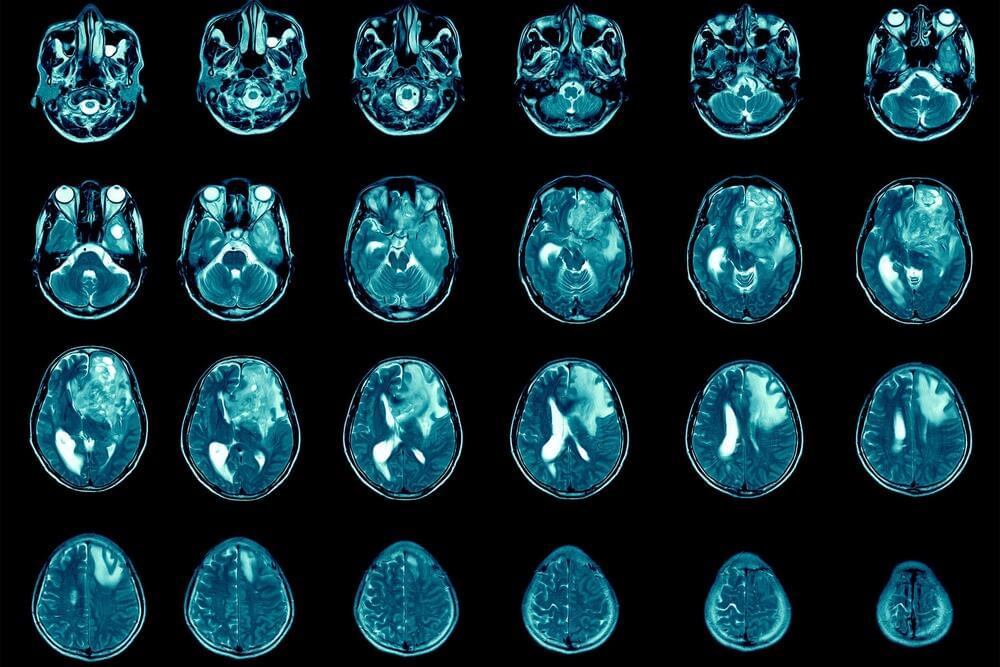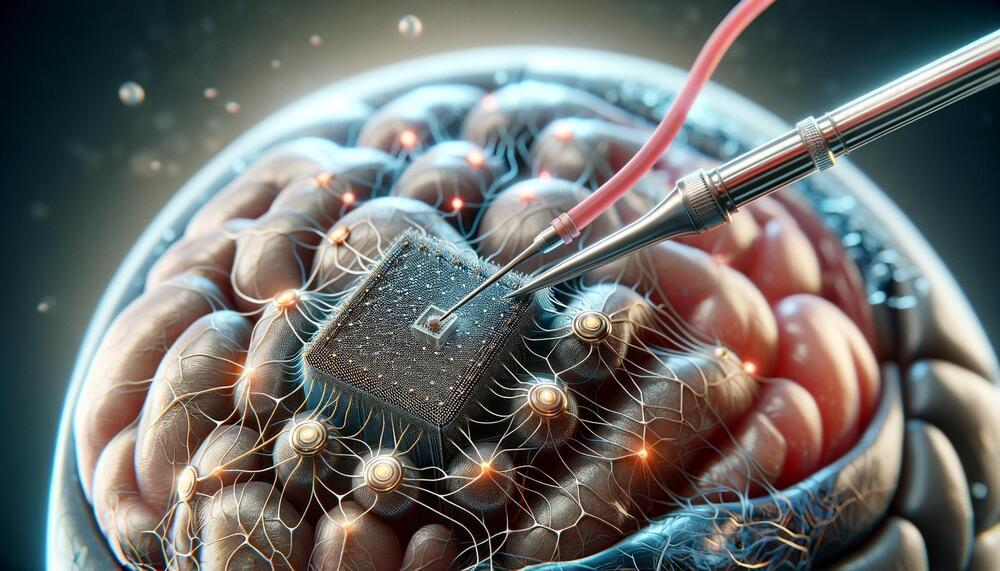
Chinese ambassador Chen Xu called for the high-quality development of artificial intelligence (AI), assistance in promoting children’s mental health, and protection of children’s rights while delivering a joint statement on behalf of 80 countries at the 55th session of the United Nations Human Rights Council (UNHRC) on Thursday.
Chen, China’s permanent representative to the UN Office in Geneva and other international organizations in Switzerland, said that artificial intelligence is a new field of human development and should adhere to the concept of consultation, joint construction, and shared benefits, while working together to promote the governance of artificial intelligence.
The new generation of children has become one of the main groups using and benefiting from AI technology. The joint statement emphasized the importance of children’s mental health issues.


















